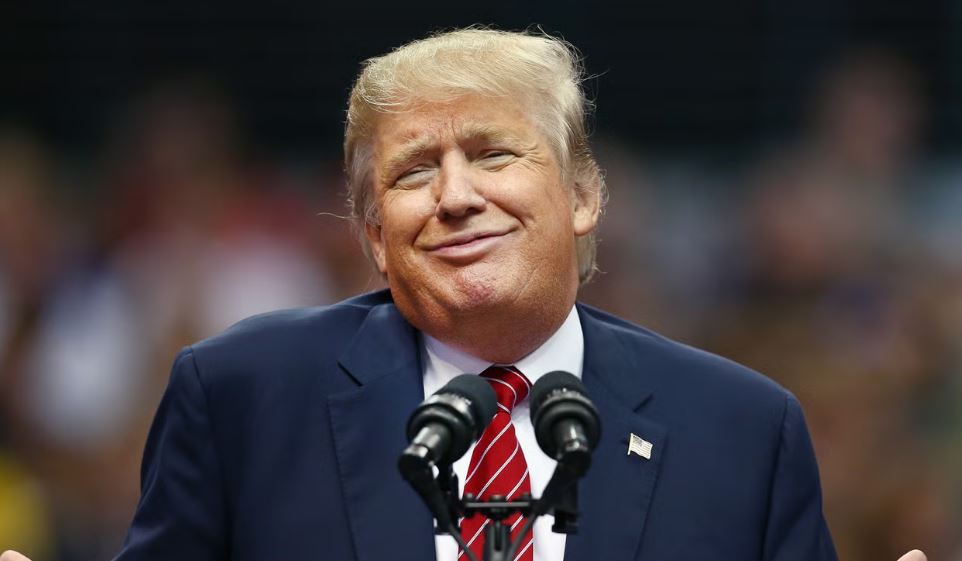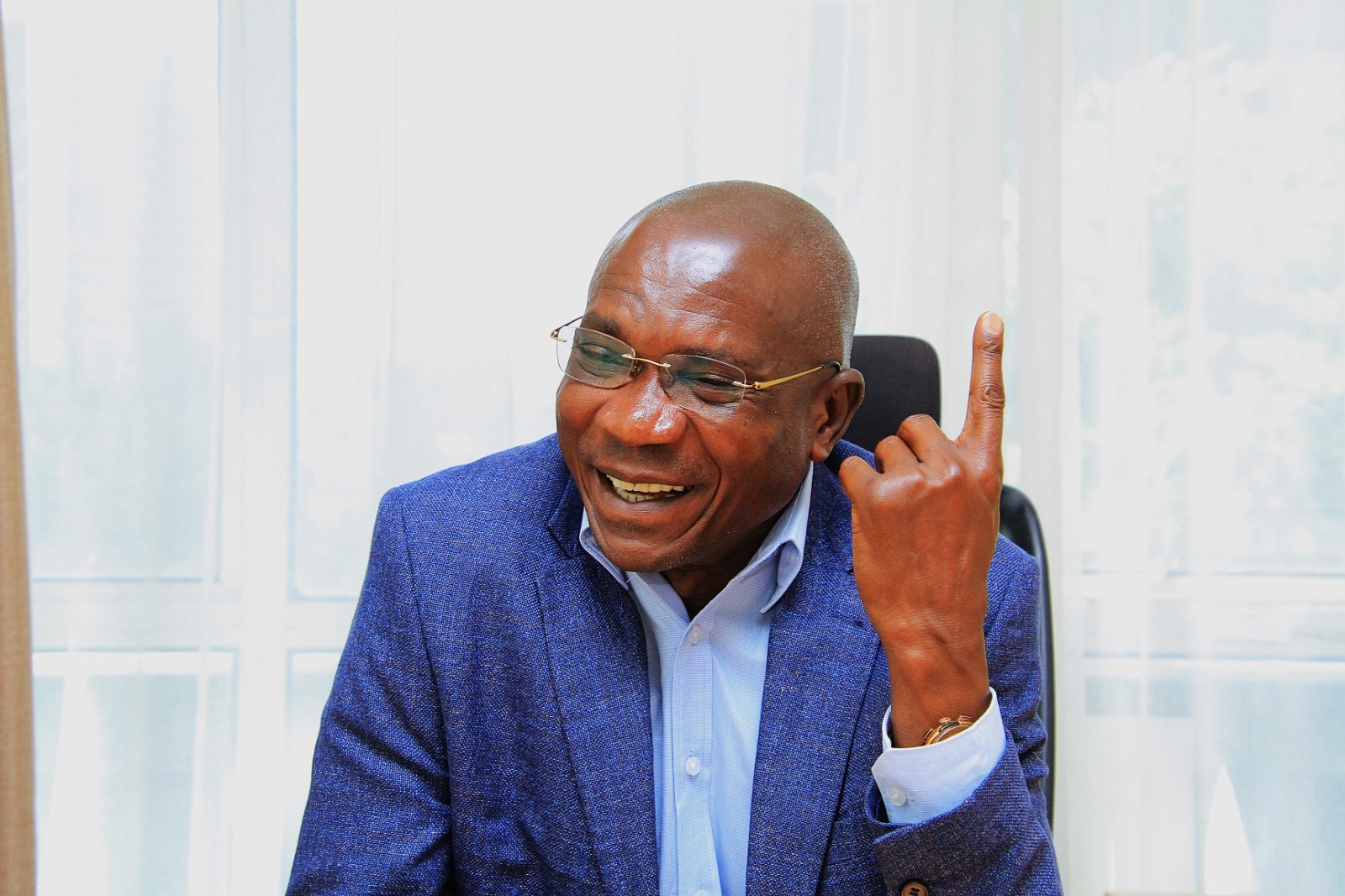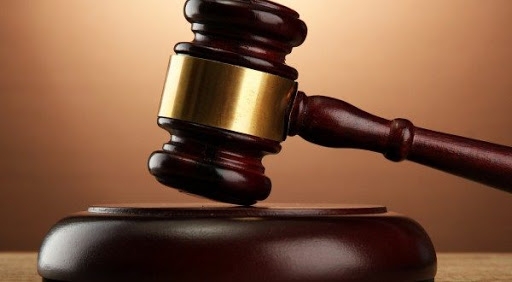
US President-elect Donald Trump will not face any fines, probation, or jail time in the hush-money case where he was to be sentenced for falsifying business records.
Trump was convicted last May on 34 counts of falsifying business records. They relate to a payment made to adult-film actress Stormy Daniels during the 2016 presidential campaign.
Daniels claims she had sex with Trump. He has denied they did.
A jury of New Yorkers found him guilty of all counts in connection with a hush-money payment made to an adult-film star. The case centred on a payment made to the adult-film actress, Stormy Daniels, shortly before the 2016 election.
Daniels was paid $130,000 (£105,000) to keep quiet about her claim that she had sex with Trump, which he denies they did.
Providing so-called hush-money is not illegal. Instead, this case was more technical and centred on how Trump's former lawyer, who paid Daniels, had his reimbursement recorded as legal fees in Trump's accounts.
However, Justice Manuel Merchan gave Trump 'unconditional discharge on all 34 charges' sentence.
“I wish you godspeed as you assume your second term in office," Merchan said.
Merchan tells the court that he has determined that unconditional discharge is “the only lawful sentence, without encroaching upon the highest office of the land.”.
An unconditional discharge means Trump does not face any fines, probation, or jail time.
'Truly extraordinary case', judge says
Justice Juan Merchan, while addressing the court said he plans to explain why he is giving Trump a sentence of unconditional discharge and why he told him so beforehand.
“Never before has this court been presented with such a unique and remarkable set of circumstances,” Merchan says, calling it a “truly extraordinary case”.
He says the trial was a paradox—because outside the courtroom, it garnered much media attention, but once the courtroom doors were closed, it was no more unique than all the other cases taking place at the same time.
Why did sentencing Trump take so long?
Donald Trump was convicted of falsifying business records last May – but his sentencing for the felony conviction was pushed back several times.
Initially, Trump was scheduled to be sentenced in July, but Justice Juan Merchan decided to push the date back after a ruling from the Supreme Court declaring that presidents are immune from prosecution for official acts.
Merchan said he needed time to review the ruling.
Another date was set for September, but Merchan decided to push the sentencing back until after the presidential election, which Trump eventually won.
After even more legal back and forth, Merchan set a date of 10 January, today, for the sentencing—just before Trump is set to take office.
A historic case with an unusual finale
The sentencing in Manhattan’s criminal court marks the culmination of a historic criminal case, the first one ever brought against a former or sitting US President.
But there’s very much a sense that it’s ending in a whimper rather than a bang.
During the trial, which played out in the middle of Trump’s successful presidential campaign, the big questions were whether the case would be consequential in both holding Donald Trump to account and impacting his chances at retaking the White House.
Today, the answers to those questions are debatable. Did the case actually help Donald Trump win the election? What will the jury and Americans make of the sentence?
Trump will enter the White House as a felon but will almost certainly not face punishment. And the other criminal cases against him have all but vanished.
















